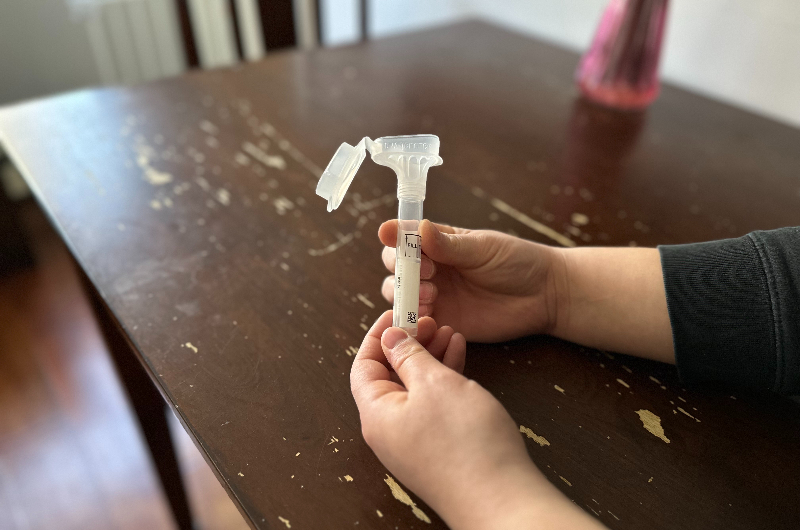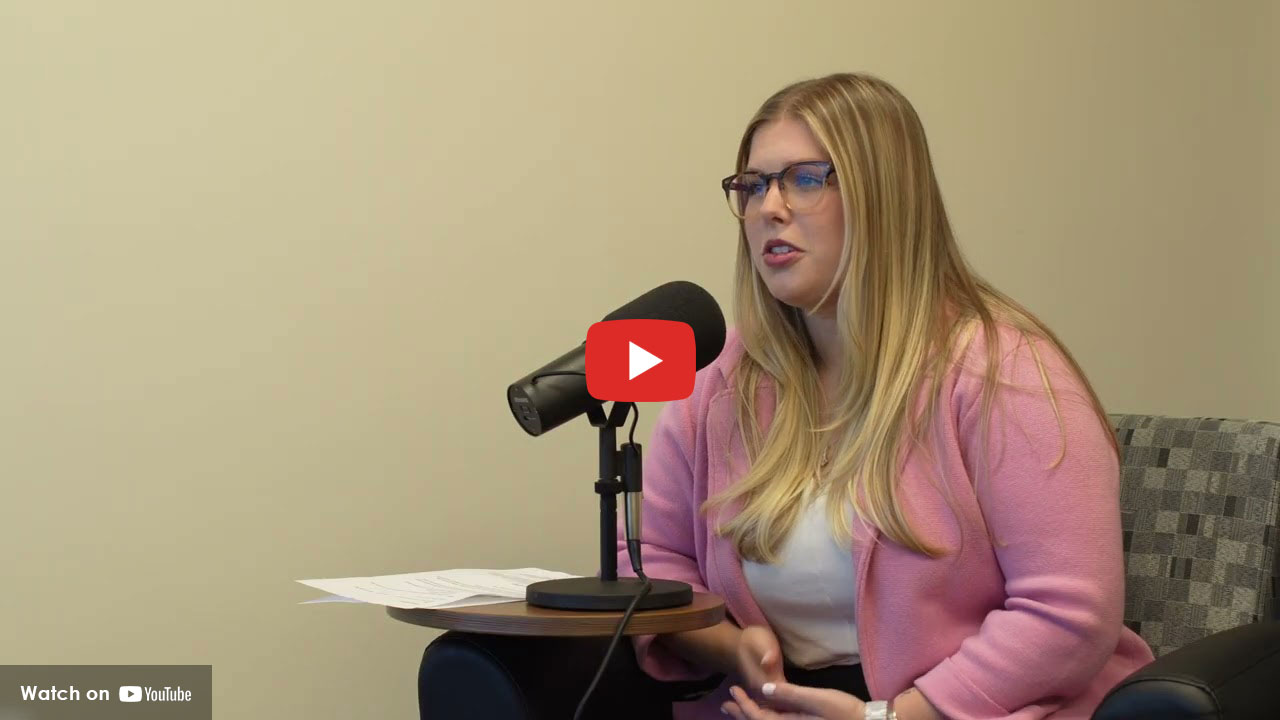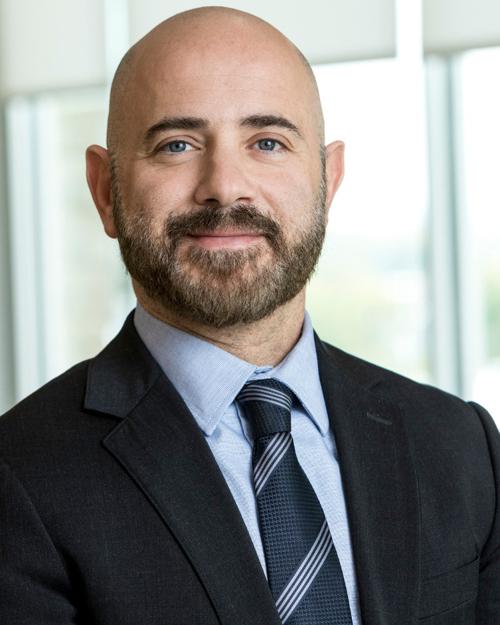What Saliva Testing Can Tell You About Your Cancer Risk

February 18, 2025
Your saliva holds clues about your genes, which can reveal your risk of cancer. Saliva testing may be more appealing to some people than the traditional genetic testing method, blood testing.
“It’s the least invasive method, and the results of the saliva test are as accurate as a blood test,” says Elias Obeid, M.D., MPH, medical director at the Hennessy Institute at John Theurer Cancer Center. “For people who don’t like to get needle sticks, this is probably the perfect test.”
What Is Saliva Testing for Cancer Risk?
Several types of cancer are caused by inherited gene mutations. Doctors can check for mutations by looking at your DNA, which contains genetic information.
Your body constantly sheds cells that contain DNA, including cells inside the mouth. Because some cells mix with your saliva, it can be used for DNA testing.
At-home kits make it simple to collect saliva. You spit into a tube at home, then mail the tube out for testing.
Labs analyze the saliva, checking for dozens of gene mutations.
“Most tests look for mutations in genes related to different cancers, including those associated with increased risk of breast, colon and ovarian cancer,” Dr. Obeid says. “These are common cancers known to have a genetic inherited risk.”
Keep in mind – it’s important to make sure that the test you are using is a reliable clinical test. Online testing kits, such as 23andMe, offer insights into your ancestry and general health traits. However, they are not reliable for assessing cancer risk.
Different saliva test kits check for different mutations. These tests can check for increased risk of several different cancers, including, but not limited to:
- Breast cancer
- Ovarian cancer
- Colon cancer
- Endometrial cancer
- Skin cancer
- Gastric cancer
- Prostate cancer
- Pancreatic cancer
Saliva testing, like any genetic testing for cancer risk, won’t tell you if cancer is present. There are other screenings and tests specifically designed to detect the presence of cancer.
“A genetic test can tell us if somebody has a genetic risk of developing cancer,” Dr. Obeid says. “But it is possible for someone to have a genetic risk and never go on to develop cancer.”
Who Should Consider Saliva Testing?
Learning about cancer risk early may help you plan for the future. There may be ways to prevent the cancer or detect it early, leading to better outcomes.
“If somebody has a BRCA mutation, for example, that woman is at risk of breast cancer and ovarian cancer,” Dr. Obeid says. “For her high breast cancer risk, she can get a breast MRI in addition to a mammogram, or she can opt for preventive mastectomies to prevent the future occurrence of breast cancer.”
Saliva testing for cancer risk can be helpful if you don’t know your family health history.
“There are times where the family does not talk about what’s going on,” Dr. Obeid says. “Sometimes, people don’t have relationships with family members, or people don’t like to talk about disease.”
Saliva testing is not a flawless method to check for cancer risk, and for a small number of people, it doesn’t produce results.
“Even if you did everything right submitting your saliva sample, you might not shed enough DNA for the lab to detect what they need to detect,” Dr. Obeid says. “In this case, blood testing would be the alternative.”
How Can You Get Saliva Testing for Cancer Risk at Hackensack Meridian Health?
Anyone curious about their cancer risk can get saliva testing through the Hennessy Institute. The process doesn’t require any visits to a doctor’s office or lab.
“We’re trying to reach individuals in their homes as much as possible,” Dr. Obeid says. “People like the convenience of not having to go anywhere.”
To get started, take the Hennessy Institute’s online risk assessment questionnaire. After you answer questions about your health history, the results are emailed to you.
“The questionnaire will provide an overview of your cancer risk and also let you know if you qualify for genetic testing,” Dr. Obeid says. “If you qualify, insurance will likely cover your testing.”
You can still get saliva testing even if your insurance won’t cover the cost. The out-of-pocket cost is around $250 or less.
Dr. Obeid hopes the ease of access and sample collection will encourage people to learn about their possible cancer risks and take early, preventative action.
“Learning this information can be empowering, providing insight into your risk and opening up possibilities for action,” Dr. Obeid says.
Next Steps & Resources
- Meet our source: Elias Obeid, M.D., MPH
- Take the Hennessy Institute’s online risk assessment questionnaire to find out if you qualify for genetic testing.
- Make an appointment with an oncologist near you or call 800-822-8905.
The material provided through Healthier You is intended to be used as general information only and should not replace the advice of your physician. Always consult your physician for individual care.








